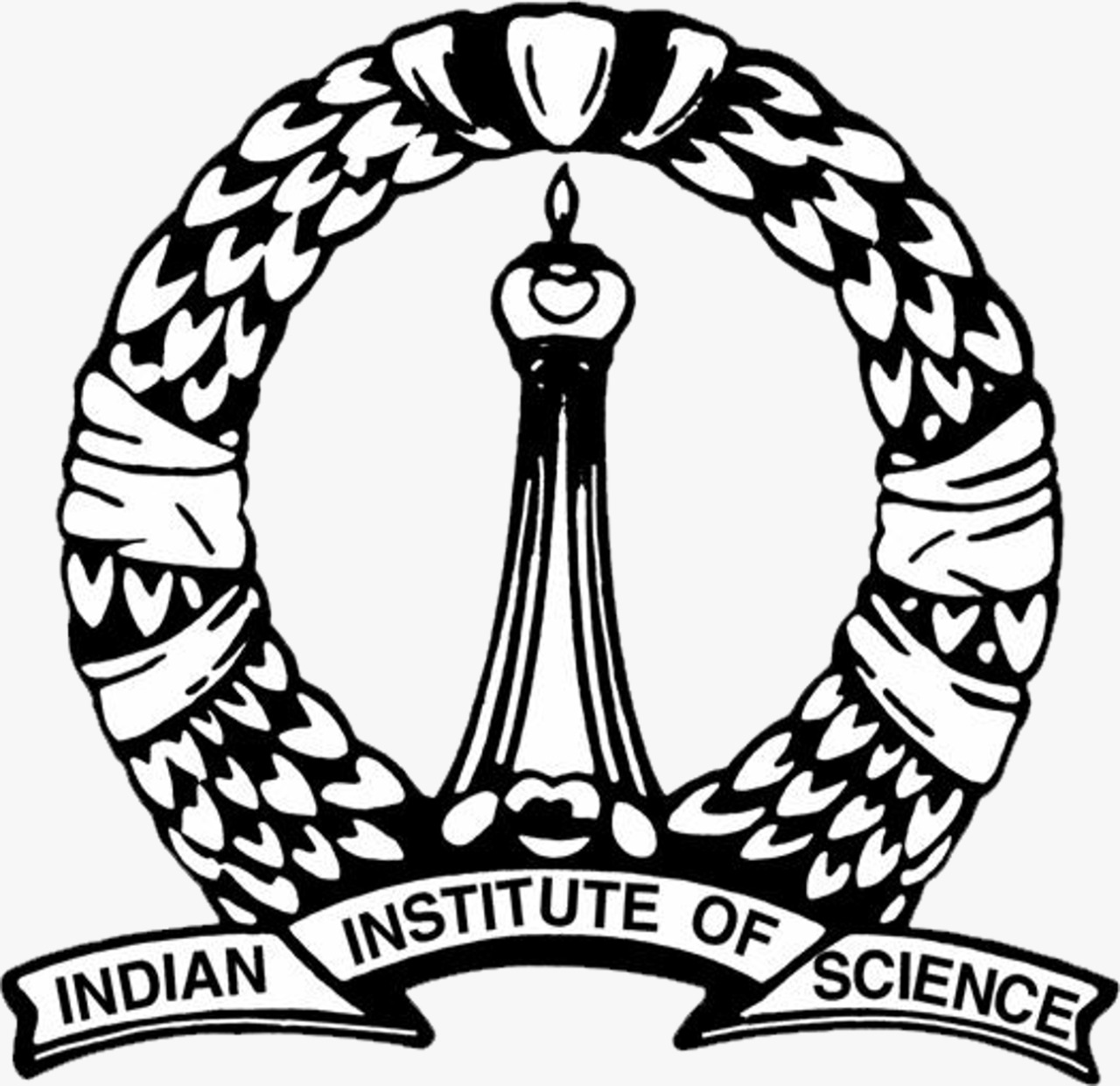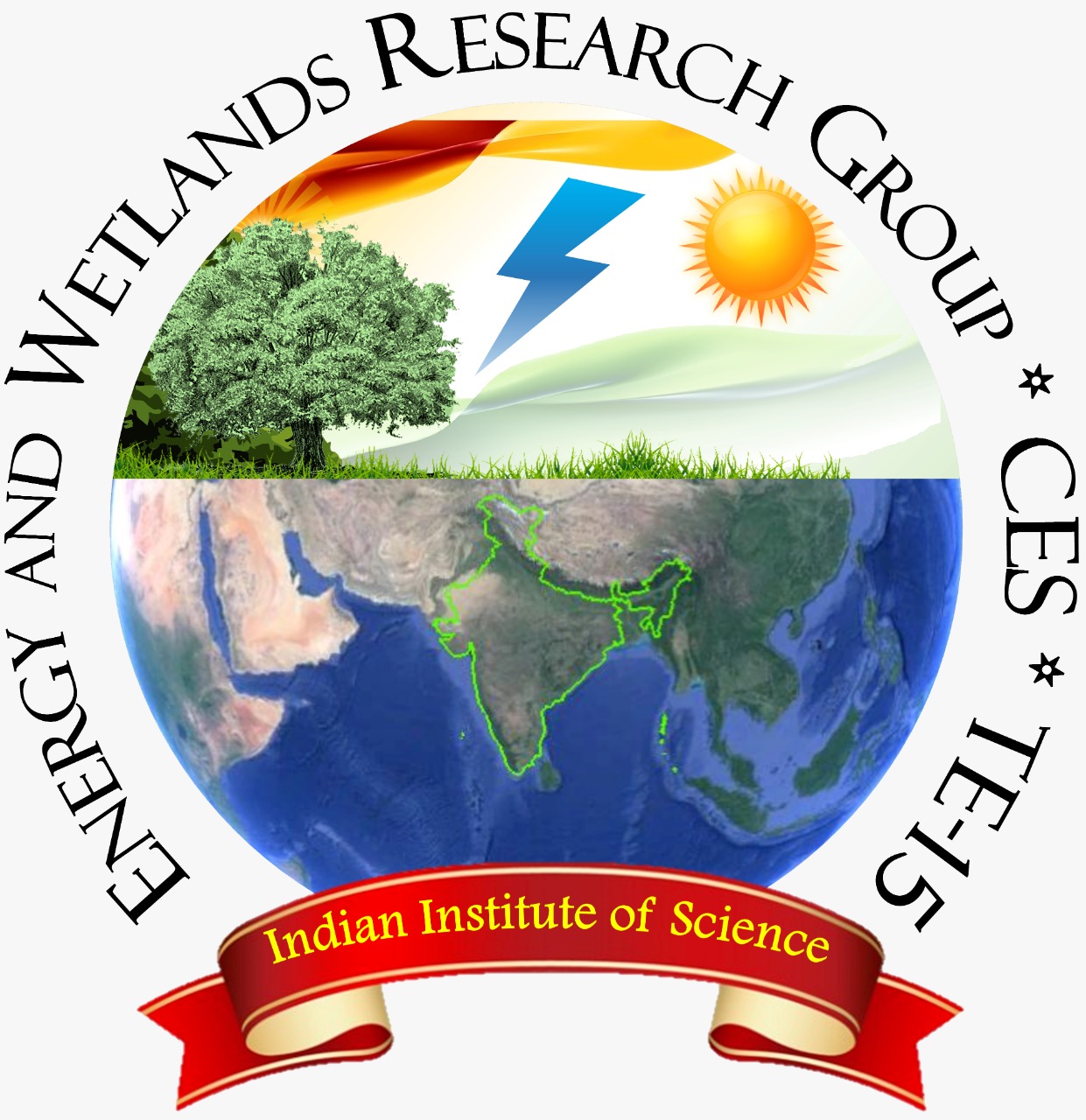|
Abstract
Purpose of the study: Heavy metals in food (vegetables, etc.) are harmful to humans due to their non-biodegradable nature, long biological half-lives, and their potential to accumulate in different body parts. Prolonged consumption of such heavy metal contaminated vegetables through foodstuffs may lead to chronic accumulation of heavy metals in human beings' kidneys and liver, disrupting numerous biochemical processes, leading to cardiovascular, neural, kidney and bone diseases. Method: The collected vegetable samples were analyzed using ICP-OES (Inductively Coupled Plasma-Optical Emission Spectroscopy) technique to assess the level of heavy metal in acid digested samples. Main Findings: The study on heavy metal concentrations in vegetables grown in the command areas of Varthur lake, Bangalore, has shown a significant accumulation of heavy metals in vegetables that correlated well with its concentrations in soil and lake water. The prolonged irrigation of vegetables using contaminated lake water has led to soil contamination, which ultimately resulted in contamination of vegetables due to the uptake and accumulation of heavy metals in edible portions of vegetables. The movement of chemicals through biological system due to toxicokinetic behavior, The heavy metal content in vegetables exceeded the safe limits in India.The continued consumption of heavy metal contaminated food can seriously deplete some essential nutrients in the body causing a decrease in immunological defenses, intra-uterine growth retardation, impaired physico-social behavior, malfunctioning of kidneys, disabilities associated with malnutrition and a high prevalence of upper gastrointestinal cancer. Application of the Study: Urgent attention is needed to devise and implement appropriate means of regular monitoring of the toxic heavy metals from domestic sewage and industrial effluent and provide proper advice and support for the safe and productive use of wastewater for irrigation purposes to prevent excessive buildup of heavy metals in the food chain. The prevalence of chronic kidney disease (CKD) is increasing, evident from the number of kidney patients in the city. The number of kidney failures has increased from 1 in 1 lakh population (in early 2000) to 1 in 5000 people. In this regard, the diverse and emerging issues of food security and healthy youth would be of serious concern considering the changes in the climate with global warming. Hence, it needs to stop the contamination of food by regulating the polluters by implementing the ‘Polluter pays’ principle. This entails stringent action against polluters (erring industries and inefficient regulatory agencies) for indiscriminately discharging pollutants in the environment. Keywords: food chain, heavy metals, health, vegetable, wetlands
|

